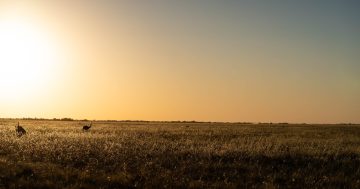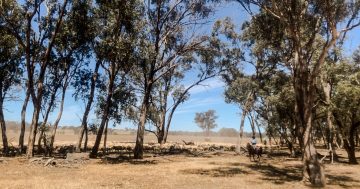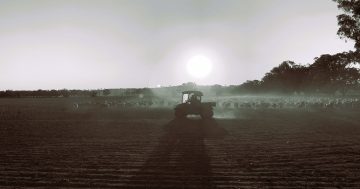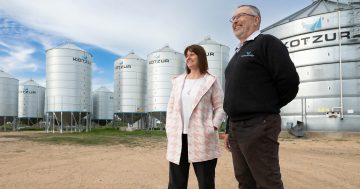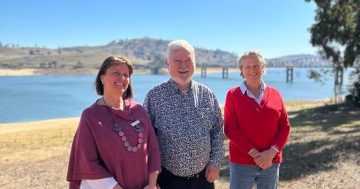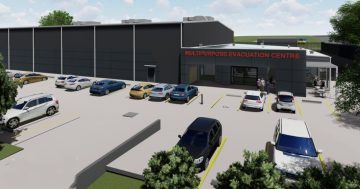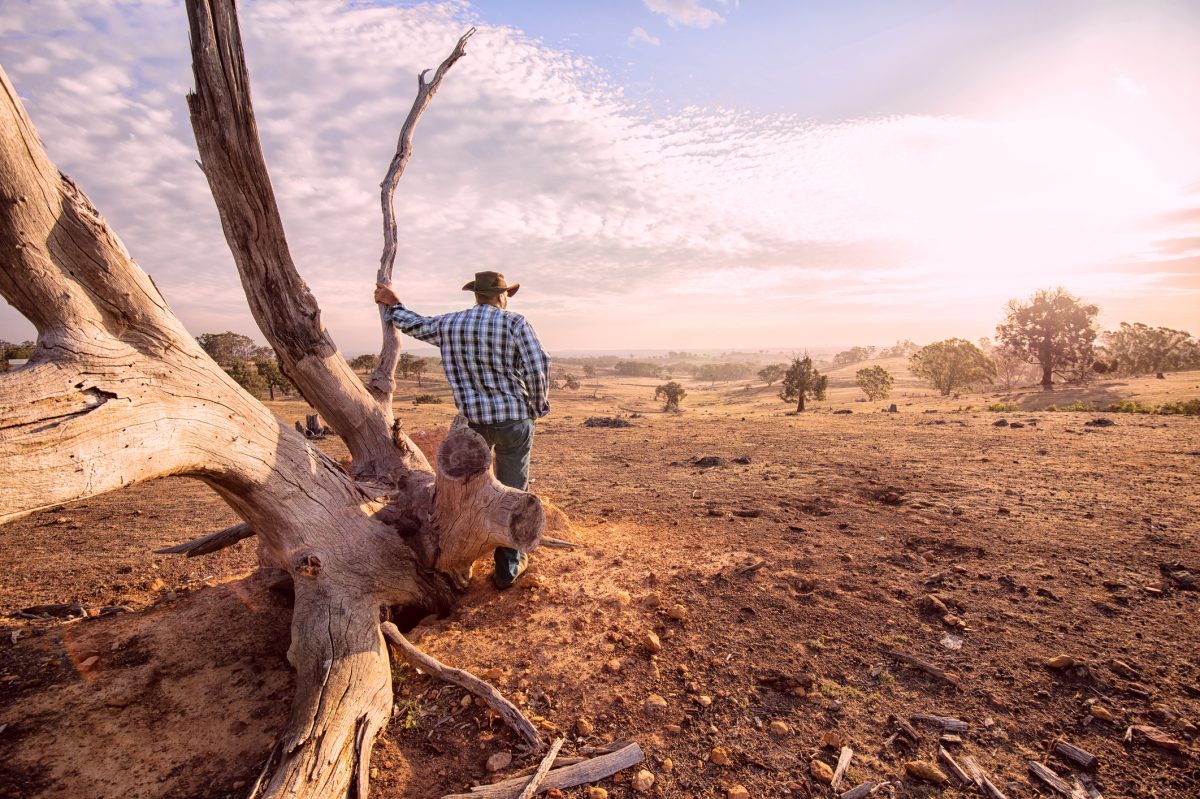
Batlow’s Alpine Valleys Community Leadership Fund and Junee Community Centre are set to prepare their communities for drought through workshops and forums. Photo: VMJones.
Two rural communities in the Riverina are set to benefit from nearly $32,000 in funding to prepare for future droughts.
Foundation for Rural & Regional Renewal (FRRR) has awarded Alpine Valleys Community Leadership Fund Ltd (Batlow) $16,169 and Junee Community Centre Inc (Junee) $15,600 from the Small Network Grants program, which will go towards projects that will strengthen the capacity and capability of the communities to prepare for, and be resilient to, the impacts of future droughts.
The Riverina not-for-profit organisations are among 29 groups across the country that received $730,000 in funding to prepare for future droughts. The Small Network Grants program is supported by the Australian Government’s Future Drought Fund through the Helping Regional Communities Prepare for Drought Initiative.
Alpine Valleys Community Leadership Fund will support the Batlow community through the Community Capacity Building Drought-Ready workshop. Batlow residents can learn to be more resilient and prepared for the impacts of the drought through the two-day workshop, which will focus on skills development and increasing awareness of drought and drought preparedness activities for up to 20 emerging leaders across the community.
Junee Community Centre will support the Junee community through the Drought Resilience – Junee Mental Health Forum. Through the forum, Junee residents can learn to be more resilient and more prepared for the impacts of droughts.
Through community, professional and social connections, residents can get a comprehensive understanding of drought and climate change-associated risks.
FRRR’s Disaster Resilience and Recovery Lead Nina O’Brien said strong interest in the program indicated that organisations and local leaders were actively seeking ways to inspire their communities to connect, communicate and strengthen social capital, so they could better withstand the impacts of future drought.
“Most of the applications we saw in this round of the Small Network Grants program were for projects designed to improve communication, social connection and collaboration within and between communities, as a way of strengthening and preparing for drought,” Ms O’Brien said.
“More than half of the applications we received have never been funded by FRRR. This means we are reaching grassroots organisations and responding to the increased priority around drought preparedness in many remote, rural and regional communities, many of which are still recovering from other climate-related disasters like cyclones and flooding.
“We look forward to seeing how these projects help community groups be better connected, informed and resourced in the next drought.”







